Port Fourchon: A Geographic and Economic Hub of the Gulf of Mexico
Related Articles: Port Fourchon: A Geographic and Economic Hub of the Gulf of Mexico
Introduction
With enthusiasm, let’s navigate through the intriguing topic related to Port Fourchon: A Geographic and Economic Hub of the Gulf of Mexico. Let’s weave interesting information and offer fresh perspectives to the readers.
Table of Content
Port Fourchon: A Geographic and Economic Hub of the Gulf of Mexico

Port Fourchon, located on the southern coast of Louisiana, is a critical infrastructure point for the energy industry and broader Gulf of Mexico economy. Its strategic position at the mouth of Bayou Lafourche provides unparalleled access to offshore oil and gas platforms, making it a vital logistical center for exploration, production, and transportation. Understanding its geographical context, via cartographic representations, is essential to grasping its significance.
A detailed cartographic depiction of Port Fourchon reveals its proximity to significant offshore oil and gas fields. These fields, often depicted on overlaid maps, are connected to the port via a complex network of pipelines and support vessels. The port’s location also highlights its relatively shallow water depth, requiring specialized dredging and navigational expertise. This depth, however, facilitates the docking of a diverse range of vessels, from small service boats to large supply ships and platform support vessels. The surrounding geography, including the intricate network of bayous and waterways, is crucial to understanding the port’s accessibility and its role in supporting the broader ecosystem. Detailed maps will show the interconnectedness of the waterways, emphasizing the importance of effective navigation and infrastructure maintenance. High-resolution imagery, often integrated into modern cartographic displays, provides a clear visualization of the port’s facilities, including docks, storage areas, and maintenance yards. Such imagery can also reveal the surrounding industrial landscape and its relationship to the port’s operations.
The cartographic representation of the area surrounding Port Fourchon also highlights the sensitive ecological environment. The coastal wetlands and marshes are crucial habitats for a variety of species, and their proximity to the port necessitates careful environmental management. Maps often incorporate ecological data, such as vegetation types and wildlife habitats, to illustrate the potential impact of port operations on the surrounding ecosystem. Environmental impact assessments, often visually represented on maps, are crucial for sustainable development and responsible resource management in the region. Understanding the relationship between the port’s activities and the surrounding ecosystem is critical for mitigating potential negative impacts and ensuring the long-term viability of both the port and the environment.
Frequently Asked Questions
-
What is the geographical significance of Port Fourchon’s location? Its location at the mouth of Bayou Lafourche provides easy access to offshore oil and gas fields in the Gulf of Mexico, significantly reducing transit times for supply vessels and personnel.
-
What types of vessels utilize Port Fourchon? The port accommodates a wide range of vessels, including supply boats, platform supply vessels (PSVs), crew boats, and other specialized support vessels critical for offshore operations.
-
How does the cartographic representation of Port Fourchon aid in planning and development? Detailed maps, incorporating geographical data, environmental information, and infrastructure details, are essential for effective planning, environmental impact assessments, and infrastructure development.
-
What are the potential environmental concerns related to Port Fourchon? The port’s proximity to sensitive coastal wetlands and marshes necessitates careful environmental management to mitigate potential impacts from oil spills, dredging, and other port-related activities.
-
What is the economic importance of Port Fourchon? The port serves as a major economic engine for the region, supporting thousands of jobs directly and indirectly through its role in the offshore oil and gas industry.
Tips for Navigating and Utilizing Information from Cartographic Representations of Port Fourchon
-
Identify key geographical features: Pay close attention to the location of the port in relation to offshore oil and gas fields, waterways, and sensitive ecological areas.
-
Analyze infrastructure: Examine the port’s facilities, including docks, storage areas, and other infrastructure elements, to understand its operational capacity.
-
Assess environmental context: Note the presence of wetlands, marshes, and other sensitive ecological areas to understand the potential environmental impacts of port operations.
-
Consider scale and resolution: Different maps will offer varying levels of detail. Select maps with appropriate scale and resolution to meet specific informational needs.
-
Integrate multiple data sources: Combine information from various maps and data sources to develop a comprehensive understanding of the port’s geographical context and operational significance.
Conclusion
Port Fourchon’s strategic location and crucial role in supporting the Gulf of Mexico’s energy industry are clearly evident when examining its geographical representation. Detailed cartographic depictions are not simply visual aids; they are essential tools for planning, environmental management, and understanding the complex interplay between infrastructure, economy, and ecology in this vital region. Continued investment in infrastructure, coupled with responsible environmental stewardship, will be critical to ensuring the port’s long-term viability and its continued contribution to the regional and national economy. The continued development and refinement of cartographic tools will further enhance understanding and support effective decision-making related to this significant maritime hub.
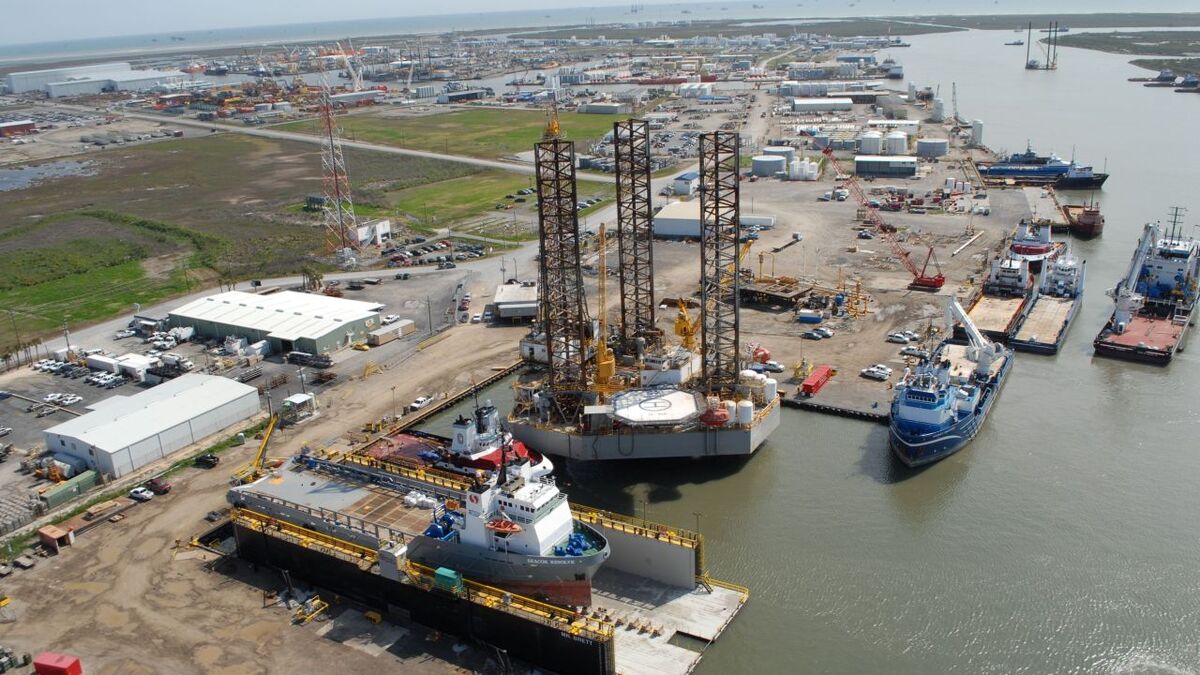
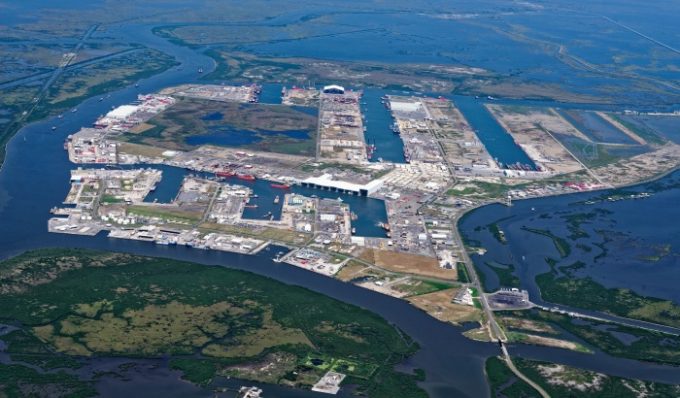
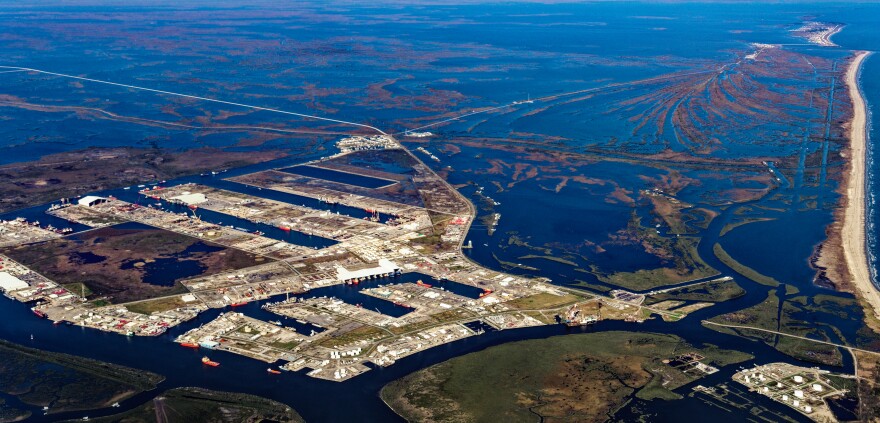


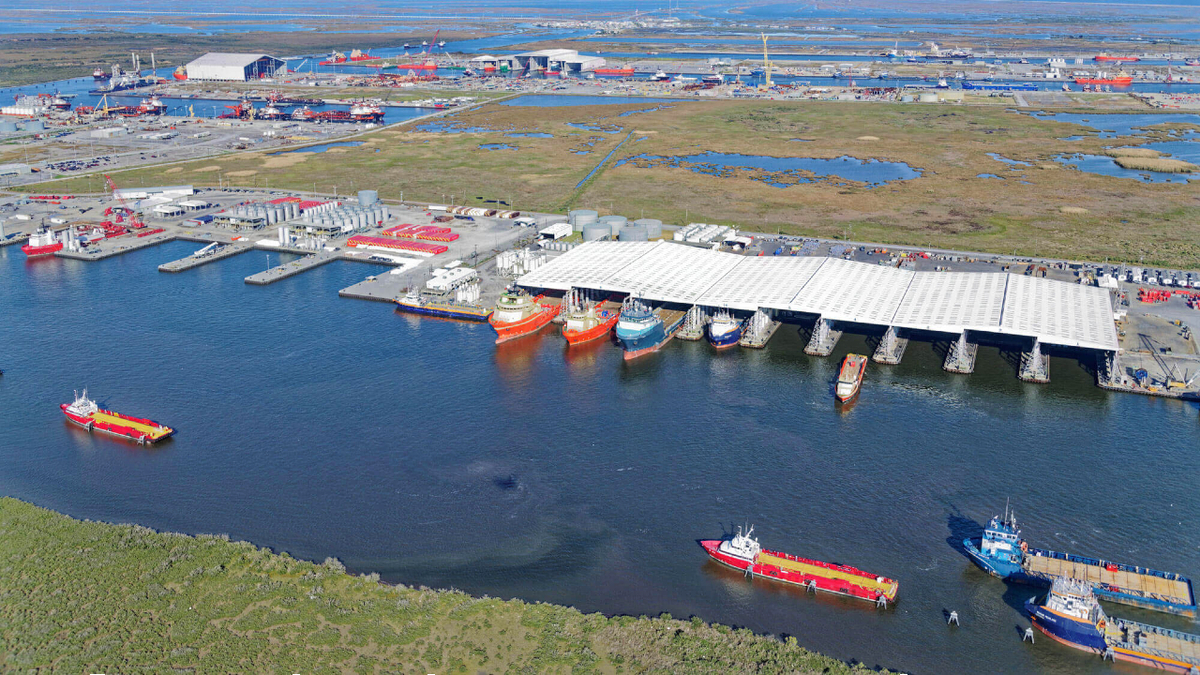
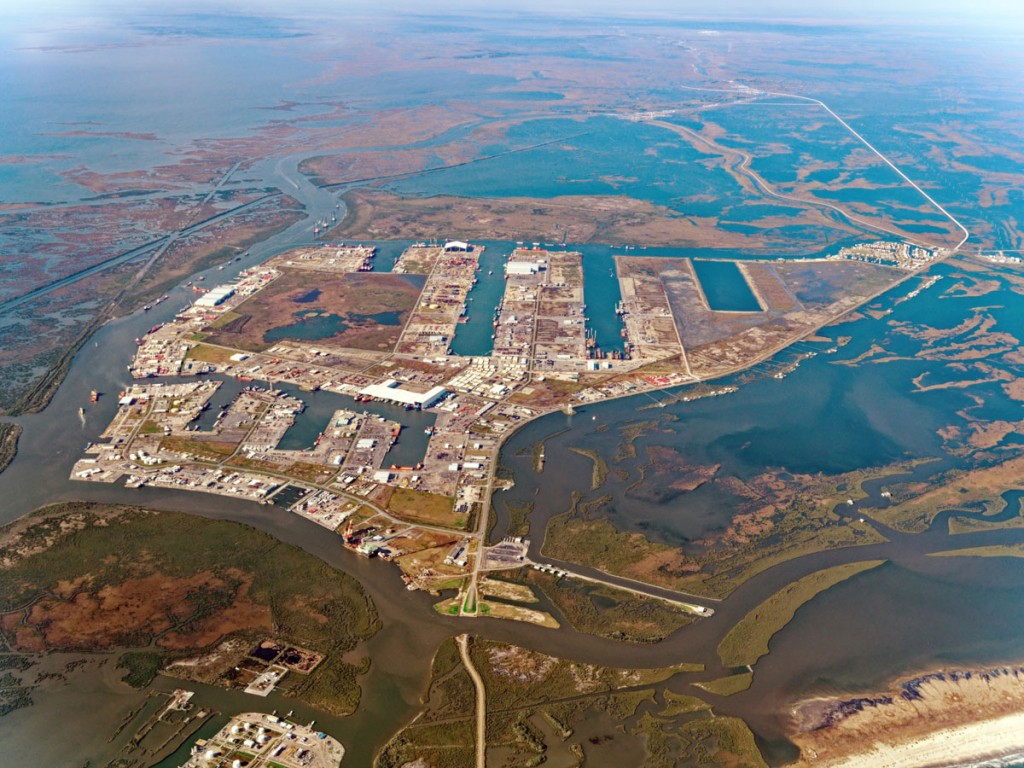

Closure
Thus, we hope this article has provided valuable insights into Port Fourchon: A Geographic and Economic Hub of the Gulf of Mexico. We hope you find this article informative and beneficial. See you in our next article!